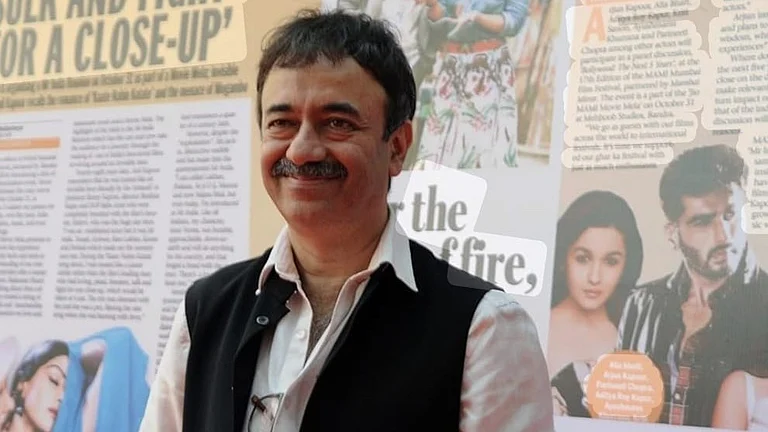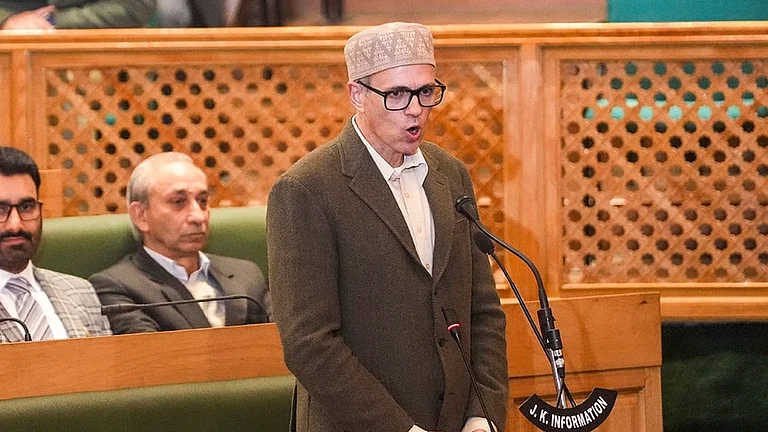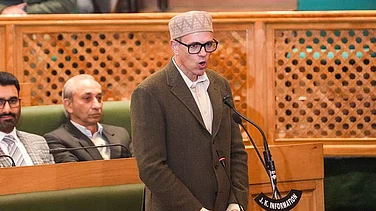Towards the end of February 2023, the ninth edition of the Kalinga Literary Festival (KLF) witnessed writers, poets, and intellectuals from across the world converge in Bhubaneshwar for a three-day-long celebration of literature, film, poetry, and art. Speakers from over 10 countries, representing nearly 25 languages graced the event that saw an abundance of poetry and prose in Nepali, Maithili, Odia, Italian, Hindustani, English, Sinhalese, and Bengali.
Founded in 2014 by writer and journalist Rashmi Ranjan Parida with the aim of ‘promoting Odia language and literature’, each edition of the KLF has run on a theme — ‘Literature as Reflection’, ‘Literature for Peace and Harmony’ and ‘Gandhi’s Idea of Truth’ have been the themes of past editions. In the backdrop of India hosting the current G20 Summit, perhaps, the theme this year was ‘India and the World’.
The literature festival calendar in India hosts multiple annual events, with the Jaipur Lit Fest, Tata Lit Live, and The Hindu Lit for Life being some of the biggest in terms of sheer glamour, footfall, and sponsorship. Smaller but equally potent literature fests are also organized in various smaller cities across the country, such as Ranchi and Nagpur.
Envisaging KLF
Parida describes the founding vision of the KLF as a desire "for a literature fest on par with those in the big cities and to put Odia literature and poetry on the map.” According to Ashutosh Kumar Thakur, co-director and festival coordinator, it is “a platform for spreading knowledge and presenting different perspectives on the literary issues of our times.” To that end, the KLF has done considerable work in expanding the reach of the festival by conducting an edition of the festival in Kathmandu last year while planning for another in Colombo and Sri Lanka.
In terms of logistics, it has become standard practice to design the seating and itinerary of a literature festival keeping in mind the varied interests of the audience, with the main venue containing multiple halls for sessions to run in parallel. The ninth edition of the KLF was no exception. Held at Swosti Premium, a luxury hotel at the heart of Bhubaneshwar city, visitors could choose between sessions happening in one of the three arenas, with the largest being Chanakya Hall, and the other two—Bowling Alley and Suraj Mahal—reserved for smaller, more intimate sessions.
Over three days, 80 sessions were scheduled across these venues, and visitors could choose between sessions as diverse as a discussion on Ret Samadhi (‘Tomb of Sand’) with the International Booker Prize-winning author, Geetanjali Shree, and another on ‘The Italian
Connection’ that had speakers from Italy promoting cultural exchanges through the medium of comic books.
Poetry sessions in Odia with poets trained in both classical and contemporary traditions were held every day, proving that the KLF’s vision to popularise Odia literature was not mere lip service. The Kalinga Art Festival, curated by Dr Ranjan Malik, a prodigious contemporary artist, ran in tandem at the venue’s atrium, with over 40 artworks on display.
Bringing diverse views to the table
Although many books were launched at the KLF —such as Satyarth Nayak’s Mahagatha and Nepali feminist poet Ranjana Niraula’s Rhythm of Pain— Manoj Meher, an experimental poet from Kalahandi, Western Odisha, bemoaned the “absence of concrete work” at the festival insofar as the poets and writers “did not work together at the venue to collectively publish anything of value.”
Puri-based Kasturika Mishra, a formidable ghazal singer and poet writing in Odia, Hindi, Urdu and English, spoke of a certain lack of tools to write poetry and a lack of etiquette on the part of emerging poets. “Poetry is drama or fiction in a nutshell, and the shorter the lines, the deeper the compositions. The flow of life, the gradual ebbing of the bigger picture is an essential practice in writing in any language,” she says, remarking on the audience flitting in and out of poetry sessions during the festival.
Several writers and speakers that the media interacted with confessed to not knowing what panel they were on until the very last minute. Akshaya Mukul, author of Writer, Rebel, Soldier, Lover: The Many Lives of Agyeya spoke of the absence of a mahaul, or ‘vibe’, for ‘literariness’ that could have been fixed if only there were a designated space outside of the closed and sanitized environs of the 5-star hotel for writers and poets to unwind with their readers.
When informed of these issues that plague many a literature fest, Parida, in an exclusive interview, admitted to the core team of the KLF missing two crucial seasoned members who had carried the event in its previous editions, therefore running into logistical issues.
A Festival With Promise
Irrespective of the hiccups along the way, the KLF this year managed to bring together scores of writers, thinkers, and poets who, in their ideological differences, underscored a diversity in thought and artistic practice. If Hindol Sengupta and Ashwin Sanghi were volubly confident about securing the place of Sanatan Dharma in the religious and political landscape of India, Rama Pandey—seasoned Urdu poet and theatre artist—was equally, if not more, certain of Indians being united by a shared experience of oppression. There was no dearth of advice for young writers at the fest, either.
When the easier thing to do is to write as per the mandate of the market or the government, many writers at the event—Geetanjali Shree included, stressed “finding one’s voice,” and wielding one’s pen towards the writing of texts in the current climate of poverty and repression. Acclaimed Nepali poet Tulasi Diwasa repeatedly spoke of the need for young poets “to be open, different, and to stand out from the rest if one wished to be remembered for their poetry.”
It is worth noting, too, that during the two years lost to the pandemic, Parida and his team had kept a virtual version of the KLF going, with multiple sessions on poetry, fiction, and non-fiction conducted online. The earnestness and sincerity in the vision of the KLF, with its commitment to recognizing homegrown literary talent in Odisha, when combined with stricter curation of speakers as well as tighter logistics, could ensure that the next editions of the KLF are smarter and smoother. That way, the event, as if effortlessly, could become a permanent fixture on the global calendar of literature festivals.





















